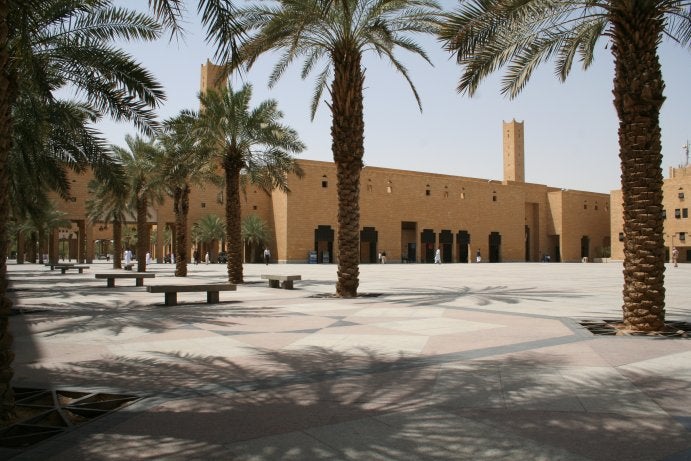Saudi Arabia carries out 76th execution of the year
Kingdom faces criticism from rights groups over its use of the death penalty

Your support helps us to tell the story
From reproductive rights to climate change to Big Tech, The Independent is on the ground when the story is developing. Whether it's investigating the financials of Elon Musk's pro-Trump PAC or producing our latest documentary, 'The A Word', which shines a light on the American women fighting for reproductive rights, we know how important it is to parse out the facts from the messaging.
At such a critical moment in US history, we need reporters on the ground. Your donation allows us to keep sending journalists to speak to both sides of the story.
The Independent is trusted by Americans across the entire political spectrum. And unlike many other quality news outlets, we choose not to lock Americans out of our reporting and analysis with paywalls. We believe quality journalism should be available to everyone, paid for by those who can afford it.
Your support makes all the difference.Authorities in Saudi Arabia have executed the 76th person to be put to death in the country this year.
Saudi citizen Abdullah al-Harbi was executed after being convicted for murder, state media reported.
The manner of the execution was not specified, but many people convicted of criminal charges are beheaded.
His death brings the number of executions in the conservative Islamic state to 76, according to AFP news agency, which keeps record of Saudi executions.
The number of people executed in Saudi Arabia, a close ally of Britain, in the first three months of 2016 compared to the 153 people killed by the state in all of 2015 - described by Amnesty International as the highest in 20 years.
In the Wahabi Saudi interpretation of Sharia law, apostasy, armed robbery, drug trafficking, rape and murder all carry the death penalty.
The rate of executions has dramatically increased since the accession of King Salman in January 2015.
In January, there was an international outcry following the mass execution of 47 people on terrorism charges, including influential Shia cleric Nimr al-Nimr.
Saudi Arabia has been criticised by rights groups over it frequent use of the death penalty, one of the highest in the world.
Among those facing execution is journalist Alaa Brinji, who has campaigned for women’s rights.
Accused of apostasy charges including ‘calling for secularist thought’ and ‘ridiculing Islamic religious figures’, he has been denied legal support, according to Amnesty International.
He has also been charged with breaching cybercrime laws, which Amnesty International said related to his use of social media.
In addition to the death penalty, the country continues to face criticism over its treatment of women and its millitary campaign in Yemen, for which it has been accused of killing civilians in air strikes.
In the UK, Saudi Arabia has faced renewed criticism following a documentary which aired this week.
Footage in the programme, filmed covertly in the secretive nation, showed public executions, bodies displayed in the streets and public corporal punishment.
Join our commenting forum
Join thought-provoking conversations, follow other Independent readers and see their replies
Comments